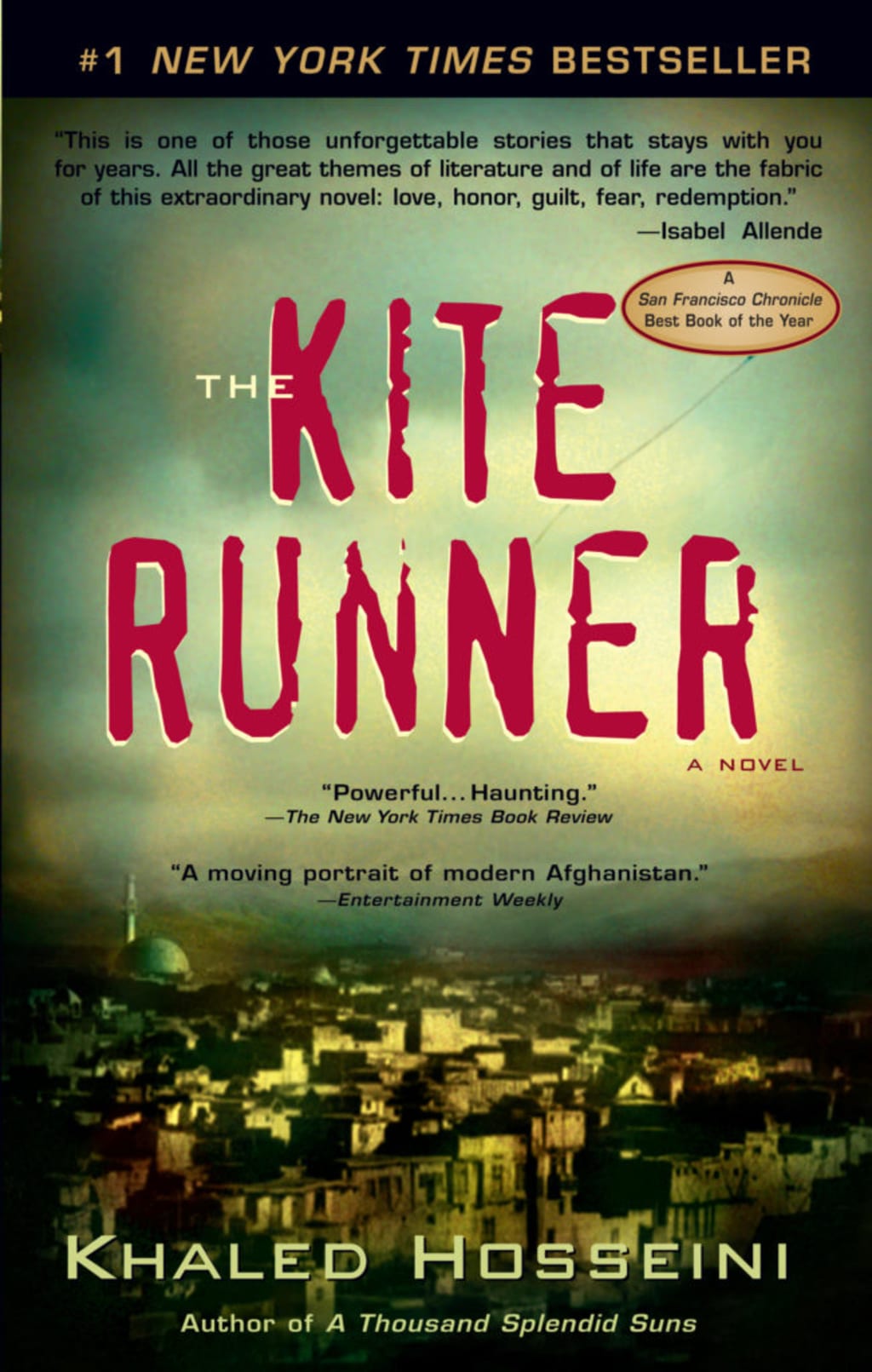'Kite Runner' Literary Analysis
Theme of Innocence

Innocence is something we’re all born with, and it is not something that anyone should forcefully be stripped off of, but some people are evil and willing to do so, and sometimes for their own amusement or benefit. The Kite Runner by Khaled Hosseini tells the story is about a Pashtun boy named Amir and his closest friend Hassan, who is a Hazara. A Hazara is “an ethnolinguistic group in central Afghanistan, Northern Pakistan and Iran, most of whom are Shiʿite Muslims,” according to the dictionary, and a Pashtun is “a member of a Pashto-speaking people inhabiting southern Afghanistan and northwestern Pakistan.” Amir is the son of one of the wealthiest men of Afghanistan, Hassan is the son of their servant Ali, who is also a Hazara, thus very poor. The story is narrated from Amir’s perspective but starts on December 2001, though most of the story takes place from 1975 all the way to that point in time. He talks about the highlights and lowlights of his childhood and of his present life.
The main theme that carries this story is the loss of innocence because most of the big events in this book include just that. Innocence is defined as “Lack of guile or corruption; purity.” Some are in more questionable forms than others, because there isn’t just a single way to lose innocence.
Loss of innocence can come in many forms. The first relevant one that is shown was a quote by Amir from chapter seven, which read “Hassan didn't struggle. Didn't even whimper. He moved his head slightly and I caught a glimpse of his face. Saw the resignation in it. It was a look I had seen before. It was the look of the lamb” (page 133). This is said after he witnesses the moment when Assef rapes Hassan in an alley after Hassan runs a kite and refuses to give it to Assef. This shows the theme because losing one’s virginity is usually associated with simultaneously losing one’s innocence. This is especially worth noting because Hassan lost his to a non-consensual event. That’s just one instance.
Another form of innocence would be one represented by fear of something or someone. This following quote by Amir is on chapter seven and he said this after he witnessed the rape, “I actually aspired to cowardice, because the alternative, the real reason I was running, was that Assef was right: Nothing was free in this world. Maybe Hassan was the price I had to pay, the lamb I had to slay, to win Baba. Was it a fair price?... He was just a Hazara, wasn't he?” (page 140). Instead of helping Hassan, he decided to run away and leave him at the mercy of Assef and his gang of goons. This is considered loss of innocence because he witnessed an evil act, which changed him and scarred him for life. He started to remember the lamb that was slain for his party, and the last look he saw of it.
The last, and most shocking case of loss of innocence shown in this book is when Amir rescues Sohrab, who is Hassan’s son and Amir’s nephew, after Amir gets the sense beat out of him when he meets with Assef at his old house. Assef is still resentful of what happened years ago, when Hassan threatened him with his slingshot, so he takes it out on Amir. Prior to the battle, when Amir first gets there, Assef and his goons have Sohrab dance for them. After the song is over, he proceeds to touch Sohrab in an inappropriate manner while talking to, and keeping his gaze, on Amir. After the fight happens, Assef destroys Amir and Sohrab defends Amir by bringing everything to full circle by finishing what Hassan didn’t dare do: Sohrab shoots Assef in the eye with a slingshot. After they both get to safety, they have some small talk and eventually Sohrab says, half to Amir and half to himself, “Because – …because I don't want them to see me...I'm so dirty…I'm so dirty and full of sin… Those men –…they did things...the bad man and the other two...they did things...did things to me” (chapter 24). It isn’t explicitly stated in the book, but by analising this quote, we can assume that Assef and the other Talibs he was found with, had done horrible things to him. Things that no human being should go through, especially someone so young.
In conclusion, the theme of loss of innocence is what drives the plot of the book. It is everywhere, and in all degrees of severity. The loss of innocence doesn’t necessarily apply only to children. Amir lost some innocence, or, to an extent, cluelessness, when he found out that the Afghanistan he knew wasn’t at all the Afghanistan that so much of the population knew. He was used to luxury and all things fancy. Wasn’t exposed to poverty or hunger, so his eyes were opened when he returned many years after. The textual evidence provided above demonstrates how the innocence of the people was compromised all throughout the entire story and shows that no one is safe from attacks towards them at any point in time.
About the Creator
Diego Estevez
Hi, all! I'm Diego, a writer set to unleash storytelling magic. Join me as we explore emotions and new worlds. You, dear reader, are vital to this journey. Immerse, feel and experience my tales. Let's embark on a literary escapade!






Comments
There are no comments for this story
Be the first to respond and start the conversation.